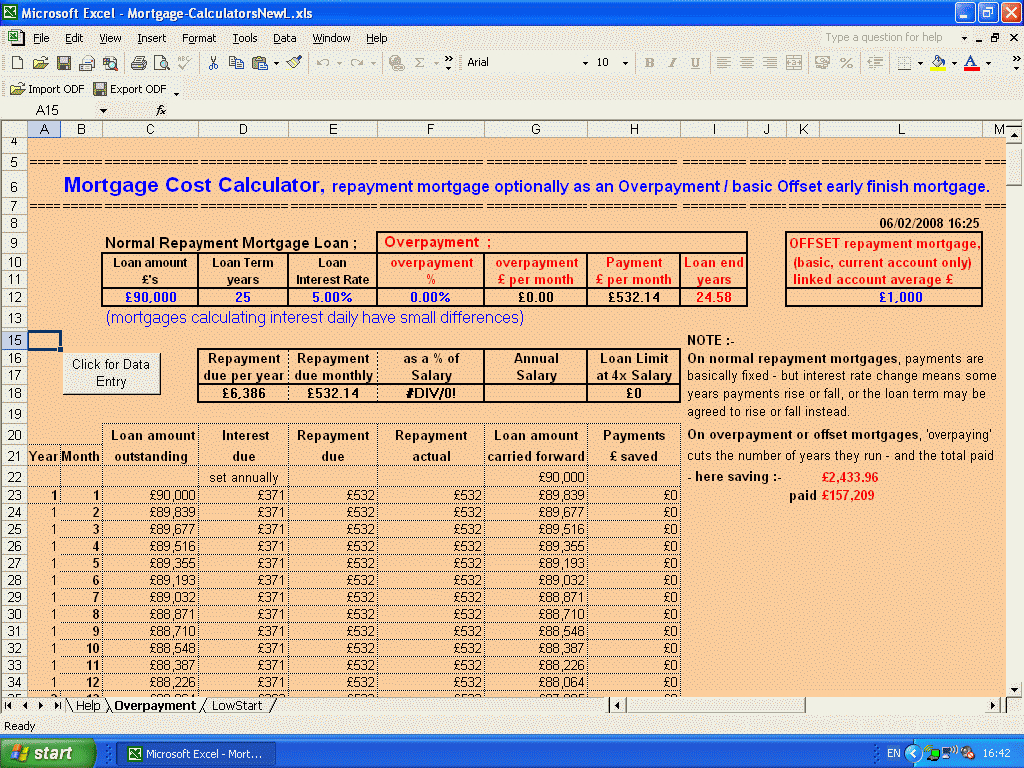

Mortgages originated before 2018 will remain grandfathered into the older limit & mortgage refinancing of homes which had the old limit will also retain the old limit on the new refi loan. The mortgage interest deductibility limit was also lowered from the interest on $1 million in debt to the interest on $750,000 in debt. The new tax law also caps the deductiblility of property taxes combined with either state income or sales tax at $10,000. Many homeowners will not pay enough mortgage interest, property taxes & local income tax to justify itemizing the expenses - so the above interest savings may not lead to income tax savings losses for many Americans. Before the standard deduction was increased 70% of Americans did not itemize their taxes. The 2018 tax bill increased the standard deduction to $12,000 for individuals and $24,000 for married couples filing jointly. Standard vs Itemized Income Tax Deductions

While this will result in a loss of $4,948.12 in tax benefits, you will still save a total of $14,844.35 with the bi-weekly plan. As a result, you will pay only $121,893.23 in interest with the bi-weekly schedule rather than $141,685.69 with the standard payment plan. If you took out a $250000.00 loan with an interest rate of 3.250% and your federal tax rate is 25.000%, you can expect to pay $1,088.02 per month, while a bi-weekly payment plan will call for a payment of $544.01 every other week. With the standard plan, it would take you 30 years to repay the loan while a biweekly plan will take 26 years and 4 months. When you set up your mortgage payment repayment plan, you can choose between a standard repayment plan or a bi-weekly repayment plan. Your Results in Plain English ( Switch to Financial Analysis)


 0 kommentar(er)
0 kommentar(er)
